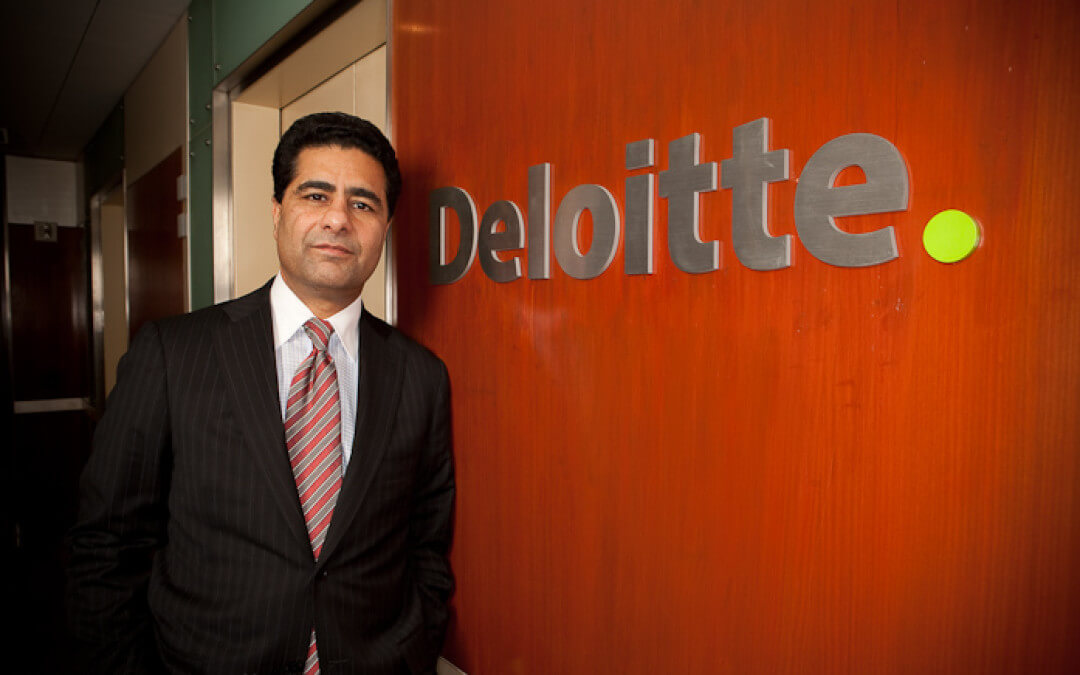Purpose does more than make brands appealing to people – it makes money for the businesses that embrace the concept. So claims the chairman of Deloitte, an active evangelist for the “squishy business attribute” called purpose.
Why invest in an emotional and squishy idea like purpose? Won’t it be hard to get everyone in my organization and all my customers to understand and embrace it? What is it really beyond a set of words? What value does brand strategy deliver?
It’s the question of the never-relenting ROI monster, “What’s in it for me?”
Well, here’s the answer, from no one less than the chairman of the world’s largest audit, tax, and consulting firm, Deloitte.
Majority of employees and executives sense lack of purpose and meaningful impact
In a past interview with Bruce Rogers, Forbes’s Chief Insights Officer, Punit Renjen put it simply: “Our research reveals the need for organizations to cultivate and foster a culture of purpose.”
Deloitte’s research has revealed that 91% of respondents who said their company has a strong sense of purpose, also has a history of strong financial performance. Yet, 68% of employees and 66% of executives believe businesses do not do enough to create a sense of purpose and deliver meaningful impact on all stakeholders.
Walking the talk with a $300 million investment to bring mission and purpose to life for Deloitte’s customers and employees
Punit practices what he preaches, and has invested $300 million to ensure his own firm’s mission and purpose is clearly understood by its customers and its nearly 60,000 employees in the U.S. “It’s not just words on a piece of paper,” said Punit.
“My goal is to change the conversation about what makes companies succeed,” Punit continues. And certainly the mission is good for Deloitte and serves to position the firm as a thought leader in how businesses operate best in today’s complicated, global economy. But perhaps more importantly, as Punit states frankly, “it just feels good.”
From squishy idea to profitable business practice
I believe in the concept of purpose when it recognizes, through an empathetic attitude, the needs, values, interests, and aspirations of people. Not a bunch of corporate mumbo-jumbo, but a clear, heartfelt, and human statement of purpose.
Brands need to create a reason for being that resonates deeply with everyone from the C-suite to the night guard; from the close-in, long-term customer to the distant prospect; and from the most loyal employee to the hungry-for-meaning young recruit.
Oh, and there’s one more thing
Brands need to seriously invest time and money to transform the purpose concept into an active driver of personal ambition, behavior, and gratification. In other words, to do what it takes to create a culture of purpose that goes beyond “just words on a piece of paper”. That is, a culture that creates meaningful impact each and every day. It’s not easy to do, but the rewards are there for the brands that want to stand above the rest.
Is it time to kick-start your brand strategy and embrace these ideas? Click here to see the clients Emotive Brand works with.
To read more about purpose beyond profit and company culture
Emotive Brand is a San Francisco brand strategy firm.






Having worked for a company where our purpose was driving EBITDA, it’s refreshing to see brands waking up. It’s a trifecta – good for employees, bottom line and consumers.
Thanks Karen,
As you say, everyone wins when there’s a purpose beyond profit driving a modern business. The business grows and prospers because customers and employees see a promise that they can relate to, and are willing to work toward. There’s no question in anyone’s mind that there is a profit motive (and mandate) in business. But what we’re seeing is that brands that raise their sights can more readily achieve their financial goals when they embrace the “squishy” realms of meaning and purpose.